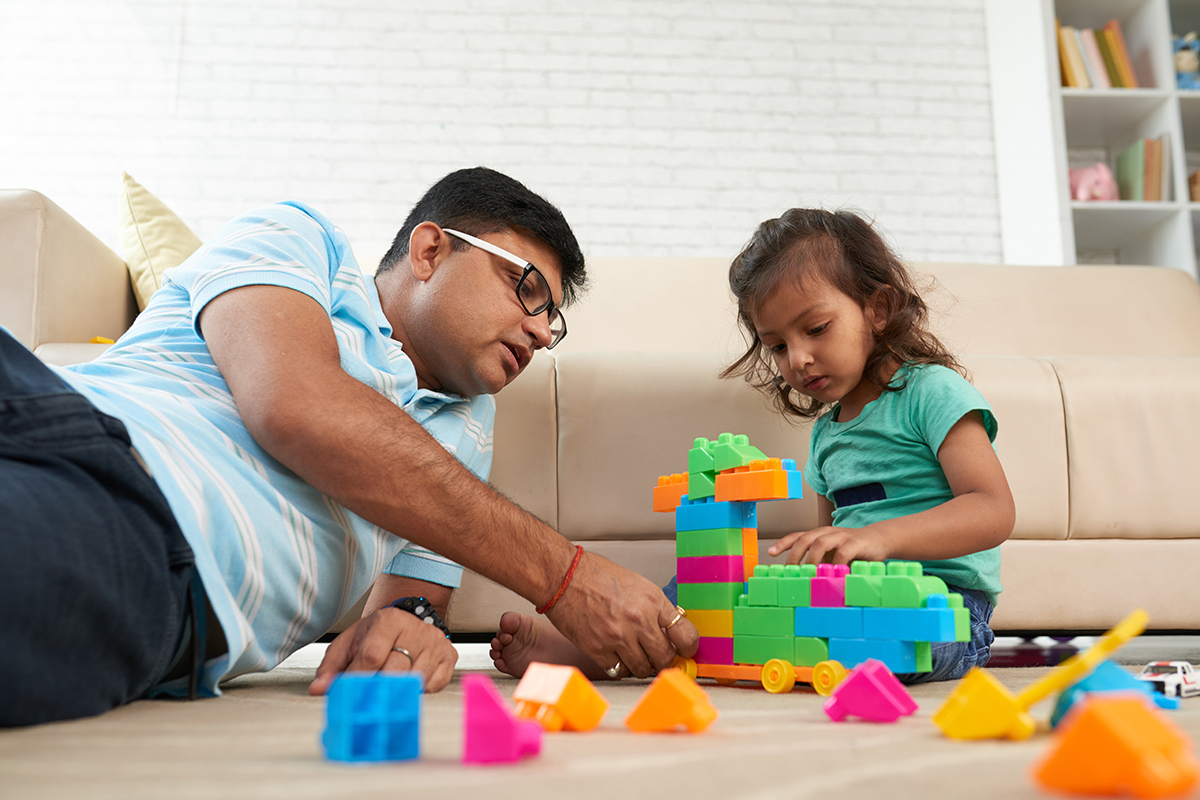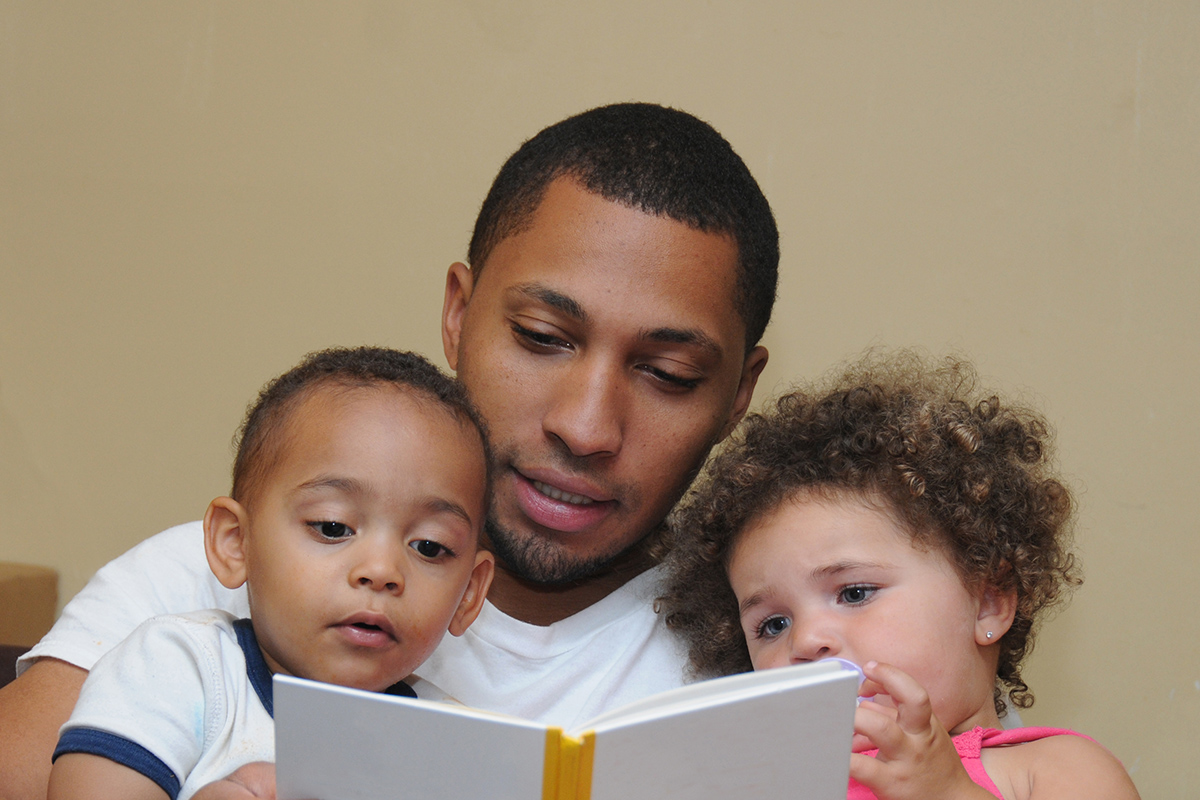Co-Parenting: The Unique Role of Fathers
Fathers are Irreplaceable
Fathers are critically important in the lives of their children. Who can teach their child the fun of rough-and-tumble play? Who can read stories before bed in funny voices? Who can teach their boys how to shave? Or teach their sons and daughters to be treated with respect by others? A father is the ideal role model to teach these lessons to their children!
No matter how often dads see their children after divorce or separation, there are
specific things that can not only build the relationship between fathers and their
children, but help children cope with stressors related to their new routines. Fathers
are encouraged to engage their children in each of the following activities as often
as they can:
Play with Your Kids!
Children use play to process their ever-changing world. As parents, fathers are uniquely equipped to engage their children in a type of play that science has proven to be beneficial for them!
From a young age, rough and tumble or interactive play is essential for children because
it helps with brain development. This type of play specifically can help children
learn how to manage their emotions, while also having an outlet to express their energy
and creative thought out in a safe environment. This form of play encourages the development
of self-regulation, which forces children to think through their ideas and instructions
and consider the emotions they feel during playtime. When dads are involved in this
play:
- Children, who are encouraged to play as hard as they can, learn how to take appropriate risks. Moms tend to convey the messages to children that they are safe and protected from the world. Dads can build on that message through play that inspires children to go a step further and explore the world!
- When playing with dad, children are typically encouraged to play a little rougher. When children push a little too far with dad, this type of play also helps children to recognize limits.
Read to Your Kids!
When dads read to their children, it can help to increase the father-child emotional bond. Fathers who show interest and encourage children in reading can also improve many educational outcomes for children. Research has shown that children with fathers who are involved in their education will significantly impact feelings of success and positive life goals, among those children.
- Fathers who are seen Reading around the house (books, newspapers, etc.), in addition to reading to their children, send messages that reading is an enjoyable activity.
- Be silly and animated! Children love to be entertained and dads are uniquely equipped to add color and excitement to the stories that builds children's imagination and creativity.
- Bedtime can be a fantastic time to bond around storytelling and reading. This time serves as a regular and predictable routine that children learn to expect.
- Children learn patience when they have to sit still during story time.
- When children can sit back and imagine the story in their mind, it serves as a de-stressing, relaxing routine.
Revised from a fact sheet prepared by Matthew Brosi and Lauren Esselman.
Talk to Your Kids!
Talking with children is one of the essential keys to building a strong relationship with them. When stressed, many fathers shift into task or “fix-it” mode and miss opportunities for teachable moments or to simply check in on the kids’ day. When dads engage their children in daily conversation, the goal is for their children to feel safe, allowing them to share deeper elements of emotions they may be feeling on the inside.
Communicating is also an important way to help children understand their own emotions
and feelings. The goal is for dads to help their children become aware of their feelings,
be able to label their feelings and to aim for helping them to feel safe openly talking
about them together.
References
Brotherson, S. E., & White, J. M. (2006). Why fathers count: The importance of fathers and their involvement with children. Mens Studies Pr. Harriman, TN: Men’s Studies Press.
Cabrera, N. J., & Tamis-LeMonda, C. S. (Eds.). (2013). Handbook of father involvement: Multidisciplinary perspectives. Routledge.
Fagan, J., & Iglesias, A. (1999). Father involvement program effects on fathers, father figures, and their Head Start children: A quasi-experimental study. Early Childhood Research Quarterly, 14(2), 243-269.
Gottman, J. (1998). The Heart of Parenting: How to Raise an Emotionally Intelligent Child. Simon & Schuster.




